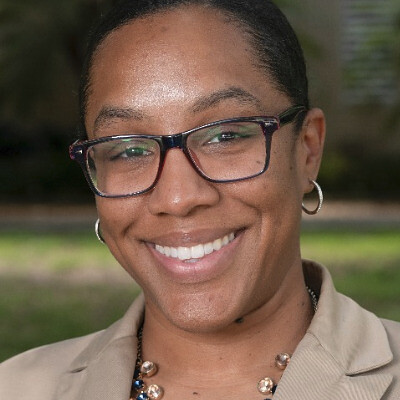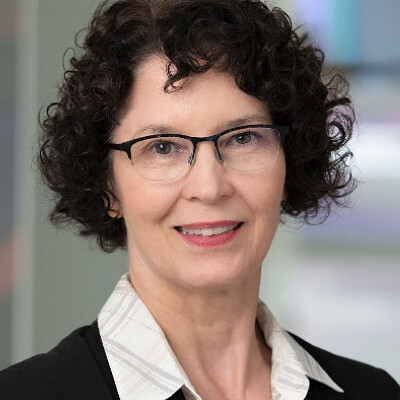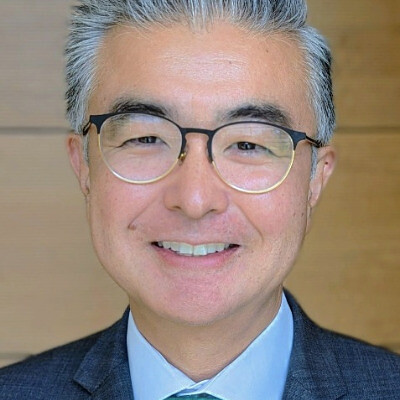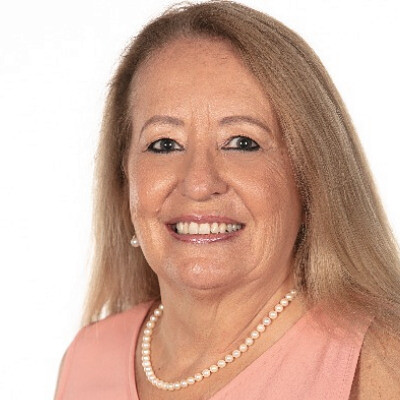Lights, Camera, Facilitate: Using Scenario-based Videos to Develop IPE Leadership
Lights, Camera, Facilitate: Using Scenario-Based Videos to Develop IPE Leadership introduces a statewide collaborative faculty development initiative designed to build facilitation leadership in interprofessional education (IPE). This initiative is a collaborative effort developed by the Florida Interprofessional Education Consortium that features a series of realistic scenario-based videos that model both effective and ineffective facilitation in a collaborative healthcare environment. These scenarios encourage reflection, peer discussion, and self-assessment while emphasizing psychological safety, inclusive dialogue, and leadership presence in educational settings.
This interactive seminar will engage participants in analyzing video scenarios, discussing critical facilitation skills, and identifying strategies to strengthen their own IPE facilitation. Each scene highlights the subtle behaviors that can either support or hinder collaborative learning and team dynamics. Paired with a facilitator guide and integrated activities, the series offers a replicable and scalable model for faculty development.
This seminar addresses Theme 5: Developing and Sustaining Leadership in Interprofessional Practice and Education. By training faculty across multiple institutions, the initiative expands leadership competence in interprofessional facilitation, strengthens practice-education ecosystems, and supports the sustainability of IPE programming. The project is an innovative leadership development model rooted in collaborative practice and facilitation theory, ultimately aiming to improve the quality of interprofessional education and collaboration in healthcare settings.
Learning Objectives:
After attending this session, participants will be able to:
1. Identify key facilitation behaviors that promote psychological safety and learner engagement in interprofessional education sessions.
2. Analyze common facilitation challenges and describe strategies to improve leadership presence in a collaborative healthcare setting.
3. Adapt scenario-based video tools and facilitation guides for faculty development at their institutions.
4. Simulate real-world facilitation challenges and solutions
Immediate Actionable Skills and Practical Knowledge:
• A downloadable facilitator debriefing template to help analyze effectiveness
• Provide a downloadable instructional blueprint to use scenario-based videos for local training or workshops
• Strategies to lead or support faculty development sessions using video-based case analysis
Active Learning Strategies:
• Interactive polling to assess perceptions and reactions to video clips
• Collaborative whiteboard to crowdsource best practices for facilitation (and/or video implementation)
• Chat-based roleplay prompts to explore alternative responses in real time (of improper facilitation videos)
• Mini reflection worksheet for participants to identify opportunities for utilization within their institutions
In support of improving patient care, this activity is planned and implemented by The National Center for Interprofessional Practice and Education Office of Interprofessional Continuing Professional Development (National Center OICPD). The National Center OICPD is accredited by the Accreditation Council for Continuing Medical Education (ACCME), the Accreditation Council for Pharmacy Education (ACPE), and the American Nurses Credentialing Center (ANCC) to provide continuing education for the healthcare team.
As a Jointly Accredited Provider, the National Center is approved to offer social work continuing education by the Association of Social Work Boards (ASWB) Approved Continuing Education (ACE) program. Organizations, not individual courses, are approved under this program. State and provincial regulatory boards have the final authority to determine whether an individual course may be accepted for continuing education credit. The National Center maintains responsibility for this course. Social workers completing this course receive continuing education credits.
The National Center OICPD (JA#: 4008105) is approved by the Board of Certification, Inc. to provide continuing education to Athletic Trainers (ATs).
This activity was planned by and for the healthcare team, and learners will receive Interprofessional Continuing Education (IPCE) credit for learning and change.


Physicians: The National Center for Interprofessional Practice and Education designates this live activity for AMA PRA Category 1 Credits™. Physicians should only claim credit commensurate with their participation.
Physician Assistants: The American Academy of Physician Assistants (AAPA) accepts credit from organizations accredited by the ACCME.
Nurses: Participants will be awarded contact hours of credit for attendance at this workshop.
Nurse Practitioners: The American Academy of Nurse Practitioners Certification Program (AANPCP) accepts credit from organizations accredited by the ACCME and ANCC.
Pharmacists and Pharmacy Technicians: This activity is approved for contact hours.
Athletic Trainers: This program is eligible for Category A hours/CEUs. ATs should claim only those hours actually spent in the educational program.
Social Workers: As a Jointly Accredited Organization, the National Center is approved to offer social work continuing education by the Association of Social Work Boards (ASWB) Approved Continuing Education (ACE) program. Organizations, not individual courses, are approved under this program. State and provincial regulatory boards have the final authority to determine whether an individual course may be accepted for continuing education credit. The National Center maintains responsibility for this course. Social workers completing this course receive continuing education credits.
IPCE: This activity was planned by and for the healthcare team, and learners will receive Interprofessional Continuing Education (IPCE) credits for learning and change.
Learners can claim CE credit by completing the Daily Evaluation.







